Affiliate links on Android Authority may earn us a commission. Learn more.
What is VoIP and how does it work
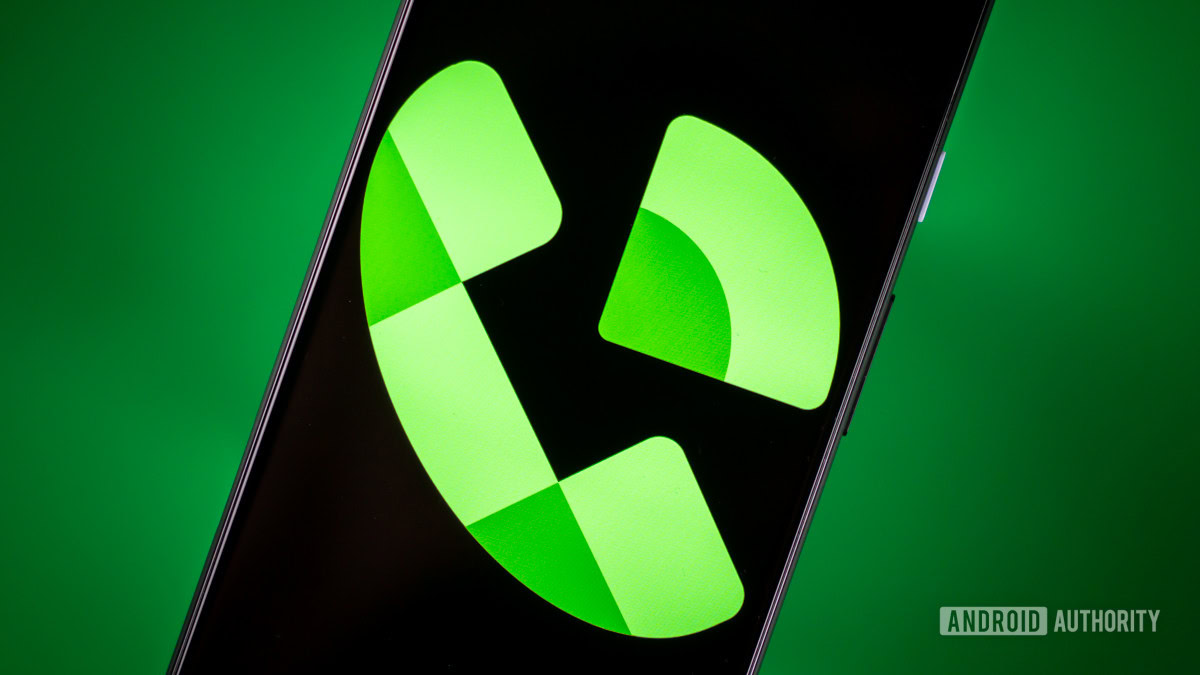
People over 30 may remember the original MagicJack commercials. The company promised to eliminate your phone bills with a little device that you plug into a USB port on an Internet-connected computer. The device let you make phone calls anywhere in the world for only $19.95 per month. That device used a VoIP service, something that is more or less ubiquitous in today’s world. VoIP calls aren’t hard to make, and we can show you how to make VoiP calls. In this article, though, we’ll talk about what VoIP is, how it works, and how it compares to legacy phone networks.
QUICK ANSWER
VoIP (Voice over Internet Protocol) is a nearly ubiquitous technology that lets you send voice calls over an Internet connection.
JUMP TO KEY SECTIONS
What is VoIP?
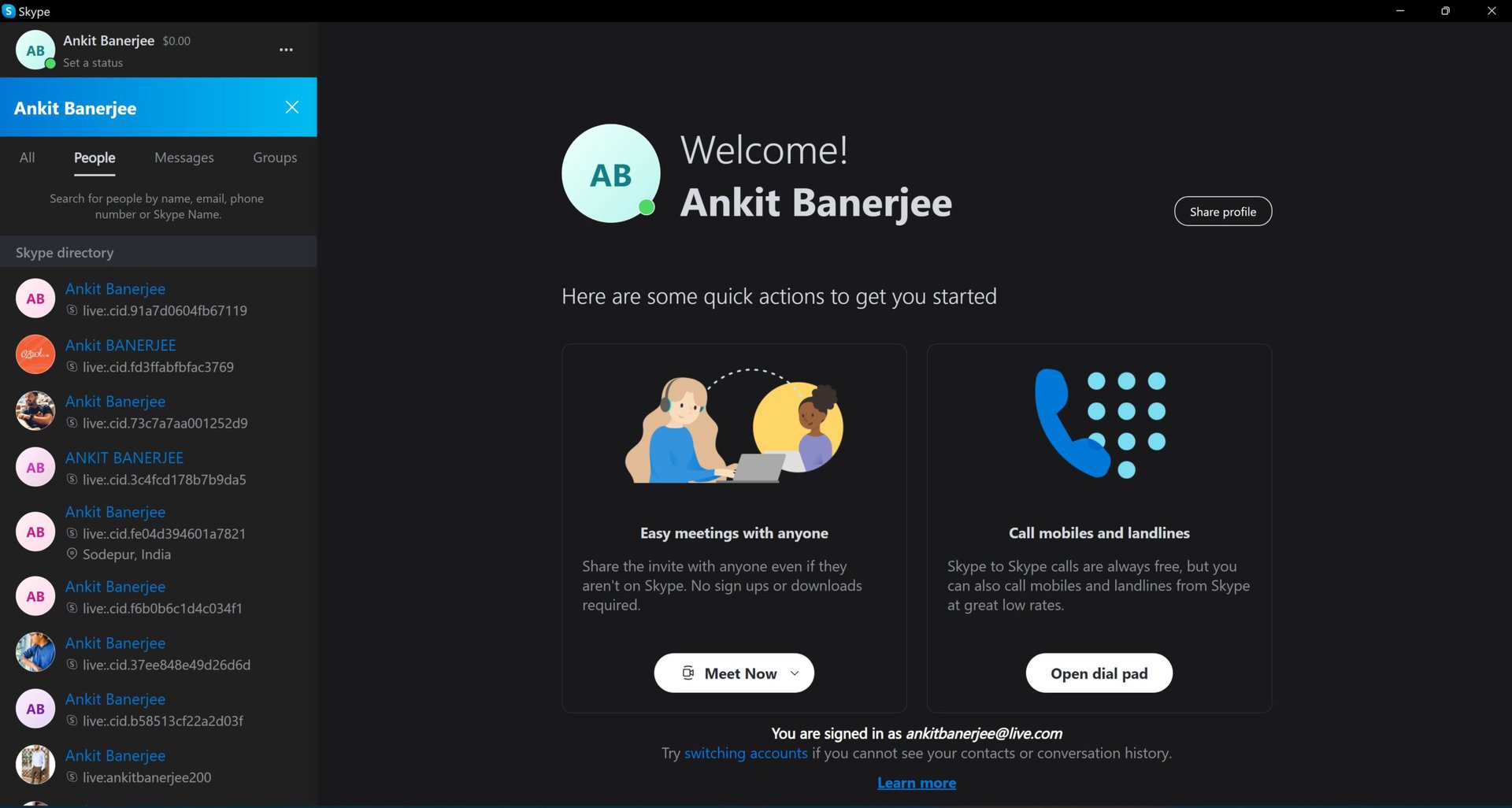
VoIP, which stands for Voice over Internet Protocol, is a software technology that lets you send phone calls over the Internet. Most people know that one off of the top of their heads. After all, hundreds of millions of people use services like Discord, Facebook Messenger, WhatsApp, and many other great VoIP services, where you can call people over an Internet connection instead of a phone connection. Very nearly every app capable of doing this is using VoIP.
What some people may not know, however, is that you can use VoIP to call actual, physical phone numbers. The tech supports the ability to convert your voice from a digital form to a telephone signal, making it compatible with legacy phone networks. Some examples of this in action include Skype, Google Voice, and similar services. The MagicJack device mentioned in the intro paragraph is also a good example.
VoIP is often used as a catch-all term that refers to any voice communications over an Internet connection.
What makes VoIP difficult to explain is that it’s kind of a catch-all term that describes most instances of using the Internet to make a voice call. There are many other terms that can describe making calls over the Internet, but VoIP is kind of the umbrella term that describes all of them. If you are making a voice call to another person and it’s using an Internet connection, you are using VoIP.
There is one final topic to talk about before we move on, and that’s video. It’s generally accepted that VoIP can refer to video communications as well as audio-only communications. However, in practice, when people discuss VoIP, they’re usually talking about voice calls.
How does VoIP work?
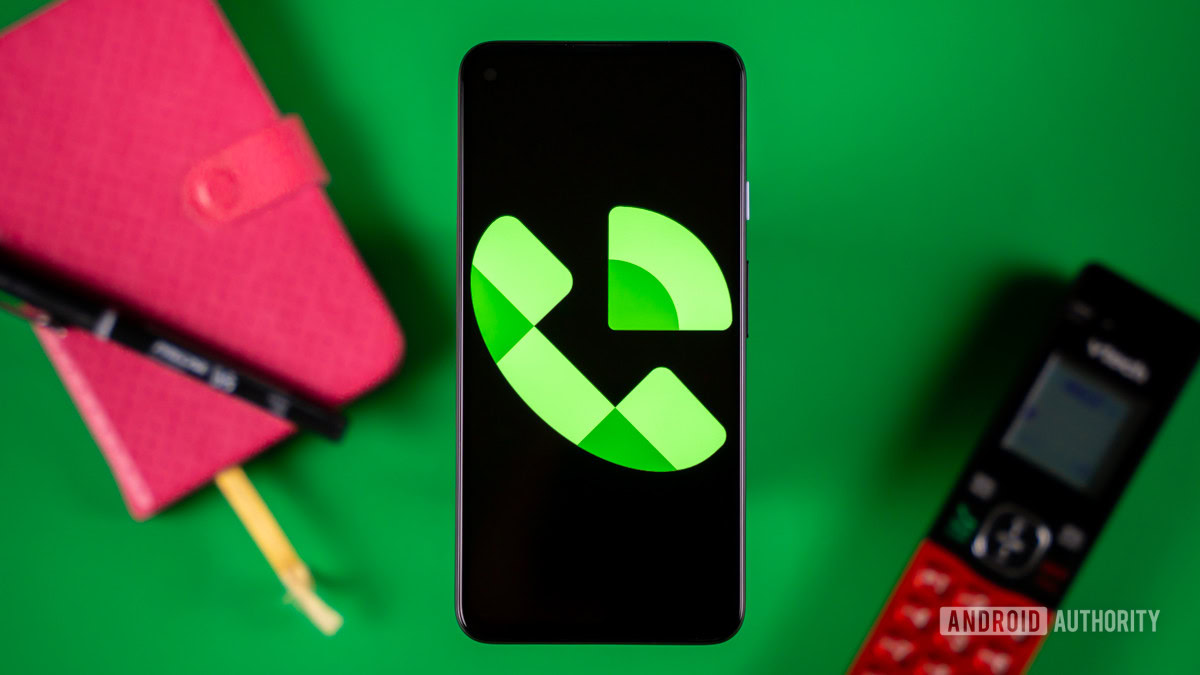
Here is a general, simplified version of how VoIP works. It’s not really a single piece of tech that works. It’s more of a whole process that is described with a single term.
- You talk into a microphone of some sort. Your voice is captured by your digital device.
- Your digital device encodes it into a codec. We have an explainer for video codecs, and audio codecs work more or less the same way.
- That information is transmitted over the Internet to the other device.
- The other device decodes the signal and plays your voice for the other person.
- When the other person responds, it performs the same steps.
- If you or the other person is on a regular telephone or cellular line, there is an extra step where the telephone signal is converted to a digital signal (or vice versa).
This all happens fast enough that it essentially works in real-time. However, as any gamer can tell you, there is a bit of a delay. You can actually hear this delay if you make a test call with someone in the same room as you are. That delay is all of the above steps happening before your voice actually plays on the other person’s device.
For video, it’s the same, except you can’t convert video into a telephone signal.
VoIP vs. cellular vs. landline: How do they compare?
Since VoIP most often refers to audio calls, people often ask about how it compares to landlines and cellular signals. We’ll do our best to give you the details.
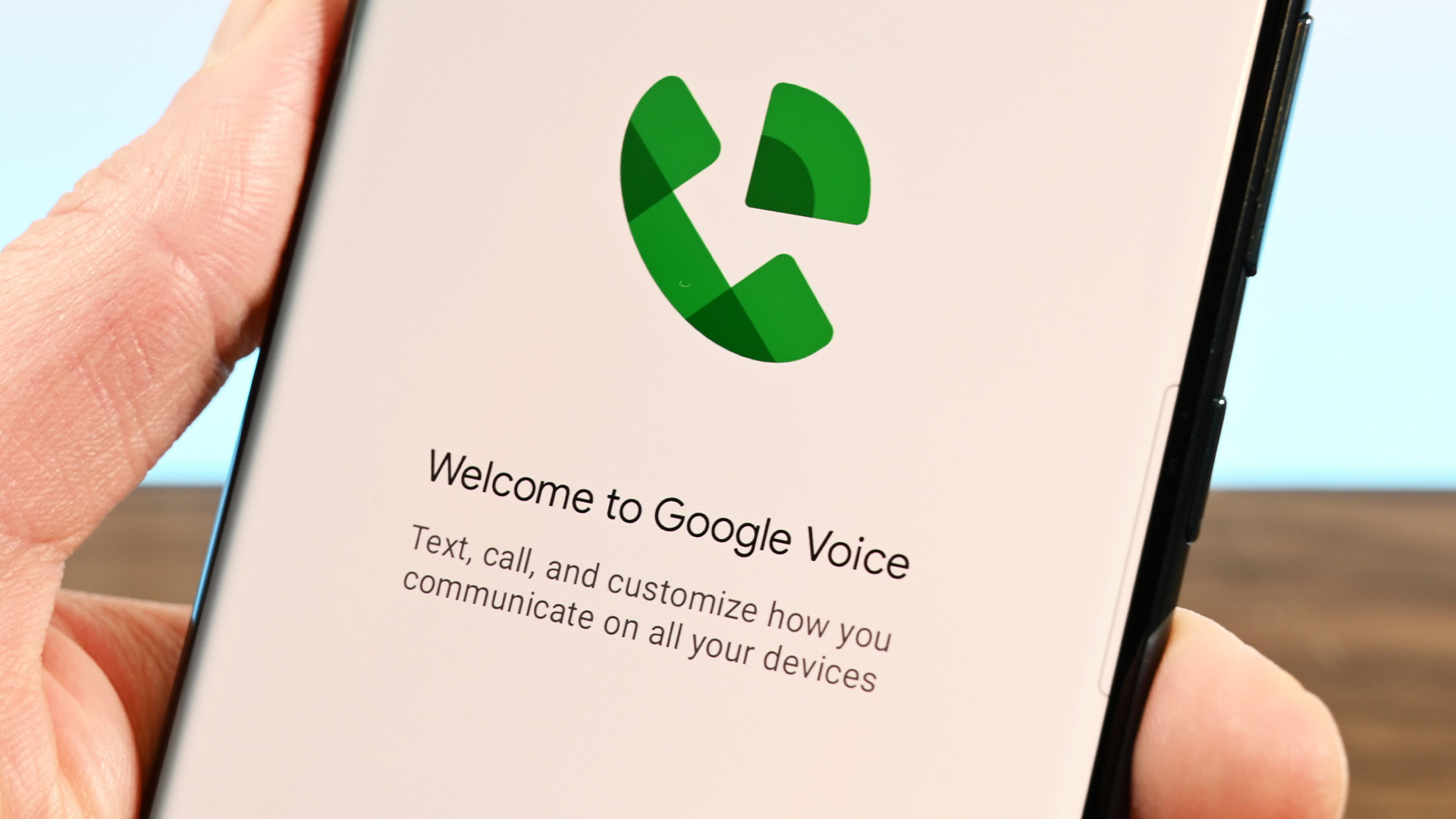
Pros of VoIP:
- Can be used on any device with Internet, whether it’s a PC. laptop, cell phone, or tablet. Since almost every building has Wi-Fi these days, you are very nearly never without Internet, making VoIP usable almost everywhere.
- It is often free when doing data-to-data calls between individuals.. It also scales up well in business settings, often costing less than cell phones or landlines. Most apps that boast the ability to make free phone calls use VoIP to do it.
- It is not difficult to get multiple numbers, so you can separate things like work and home life. VoIP services are often the first services considered for burner phone numbers.
- As long as your Internet connection is good, calls are very stable, have good quality, and the handoff from a data signal to a telephone signal is often seamless.
[/ezcol_1half]
Cons of VoIP:
- Emergency services on VoIP calls are a bit funky. The FCC has a PDF about it, but long story short, emergency service calls may not connect if the phone service can’t determine where your VoIP call is coming from.
- You need a stable Internet connection for good VoIP service. While stable Internet isn’t hard to get, things like jitter, interference, and latency issues can cause unstable VoIP calls. Those kinds of issues can be caused by all kinds of things.
- It does not work in power outages.
- You may need to install multiple apps, since apps typically can’t call each other. For example, You can use Skype to call other Skype members or pay to call a real phone number. However, you can’t use Skype to call someone on Discord or on WhatsApp.
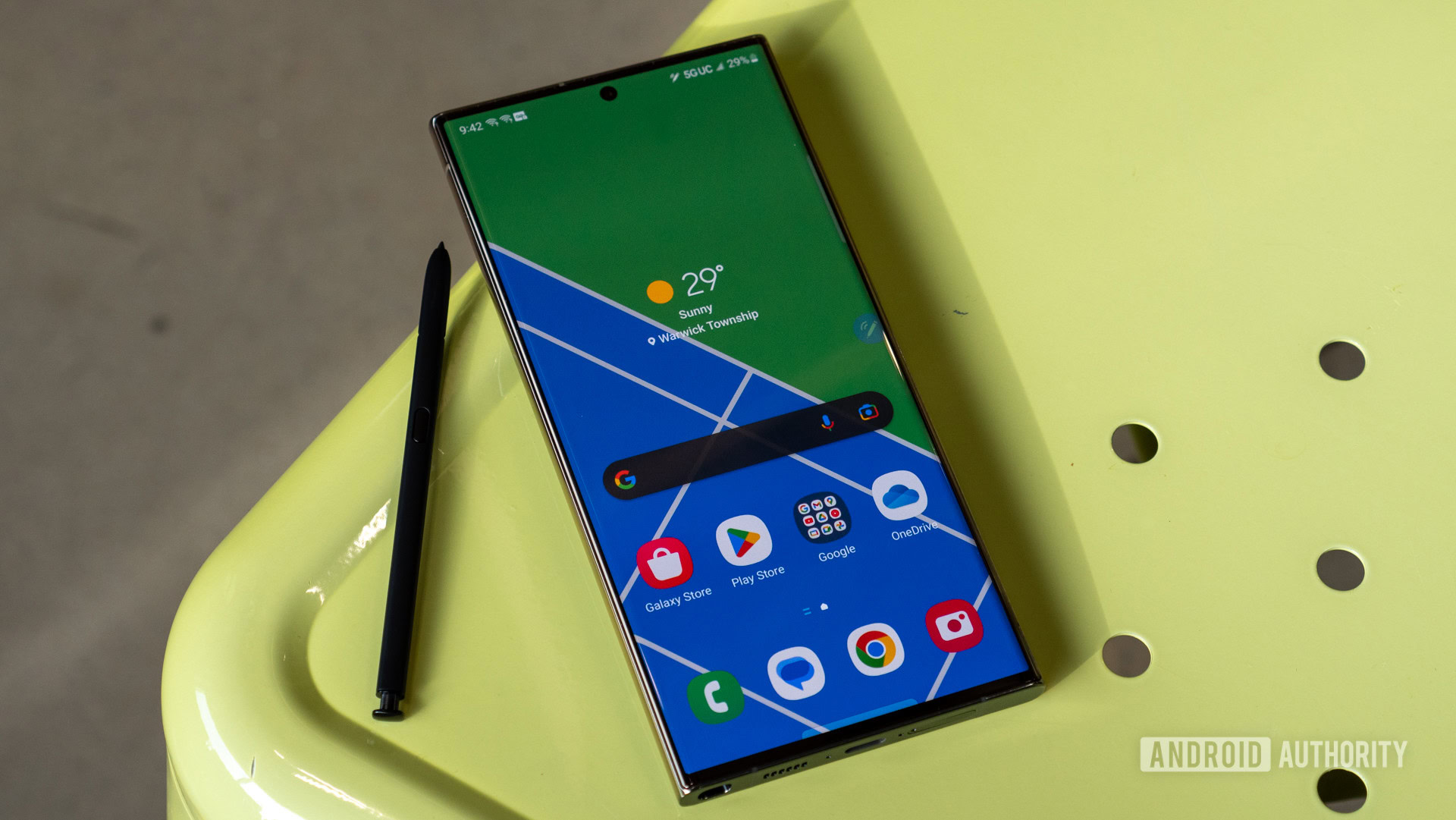
Pros of cellular:
- Convenience. It works almost anywhere as long as there is a phone tower somewhat nearby. You can’t call 911 after a car accident from a landline.
- No long-distance charges. You can call basically whoever you want.
- Modern cell phones, especially smartphones, also come with a data connection. This gives you access to VoIP alongside cellular.
- The world is built around using cell phones. Modern vehicles have built-in wired or wireless phone charging. They can also make hands-free phone calls. Many businesses have charging stations and local Wi-Fi networks. We live in a cell phone society.
[/ezcol_1half]
Cons of cellular:
- Massive power outages can take out cell towers, rendering a cell phone useless.
- Cell phones are the number one source of distraction while driving, which is a safety issue.
- Cell phones have more expensive monthly plans than landlines or VoIP services.
- Voice and call quality degrade as signal strength degrades.
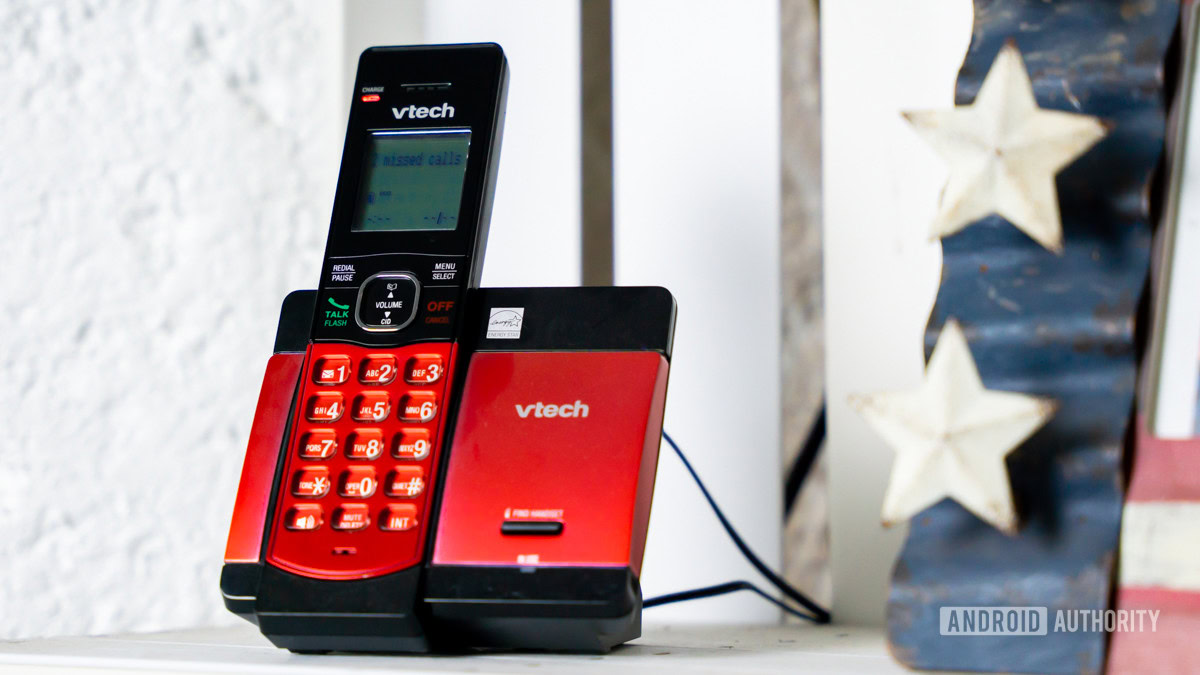
Pros of landlines:
- Corded landlines often still work in power outages. They use an entirely different system, which is usually buried underground. It is often immune to things like ice storms and hurricanes.
- Given the above information, corded landlines are the most stable connection you can get, especially for emergency services.
- The above also results in clearer voice quality.
- No batteries to charge, and uses very little power.
- Phones can be bugged manually but can’t be hacked remotely, which makes them generally more secure than cell phones or VoIP services.
[/ezcol_1half]
Cons of landlines:
- Lack of convenience. You can only use landlines at home. If you go with a corded phone, you also have to stay next to the phone.
- Many companies still charge extra for long-distance phone calls, which you don’t get on VoIP or cellular plans.
- Services like caller ID may cost extra, or require extra equipment.
- Cordless landline phones do not work in power outages because they need a secondary power source.
FAQ
VoIP phones are phones that rely solely on an Internet connection to make calls using VoIP. You can get specialized hardware phones that do this, or simply use an app like Google Voice or Skype to turn your smartphone into a VoIP phone.
VoIP numbers are digital phone numbers. They are generally tied to a traditional phone line. If you have a VoIP number and someone calls it, their phone signal is converted into data, and then transmitted to you. When you dial, your data is converted into a phone signal and sent to the other person.
It’s an app that facilitates VoIP calls. It can be data-only calls like Discord or Facebook Messenger. Alternatively, it can be ones that can make real phone calls, like Google Voice or Skype.
Not initially, but Google Voice gained VoIP support back in 2018.
A non-fixed VoIP phone number is a VoIP number that isn’t tied to a traditional phone line. A virtual number is assigned to the user instead. Using these types of VoIP numbers is usually okay, except you can’t call emergency services with them because the phone service doesn’t know which 911 call center to send you to.